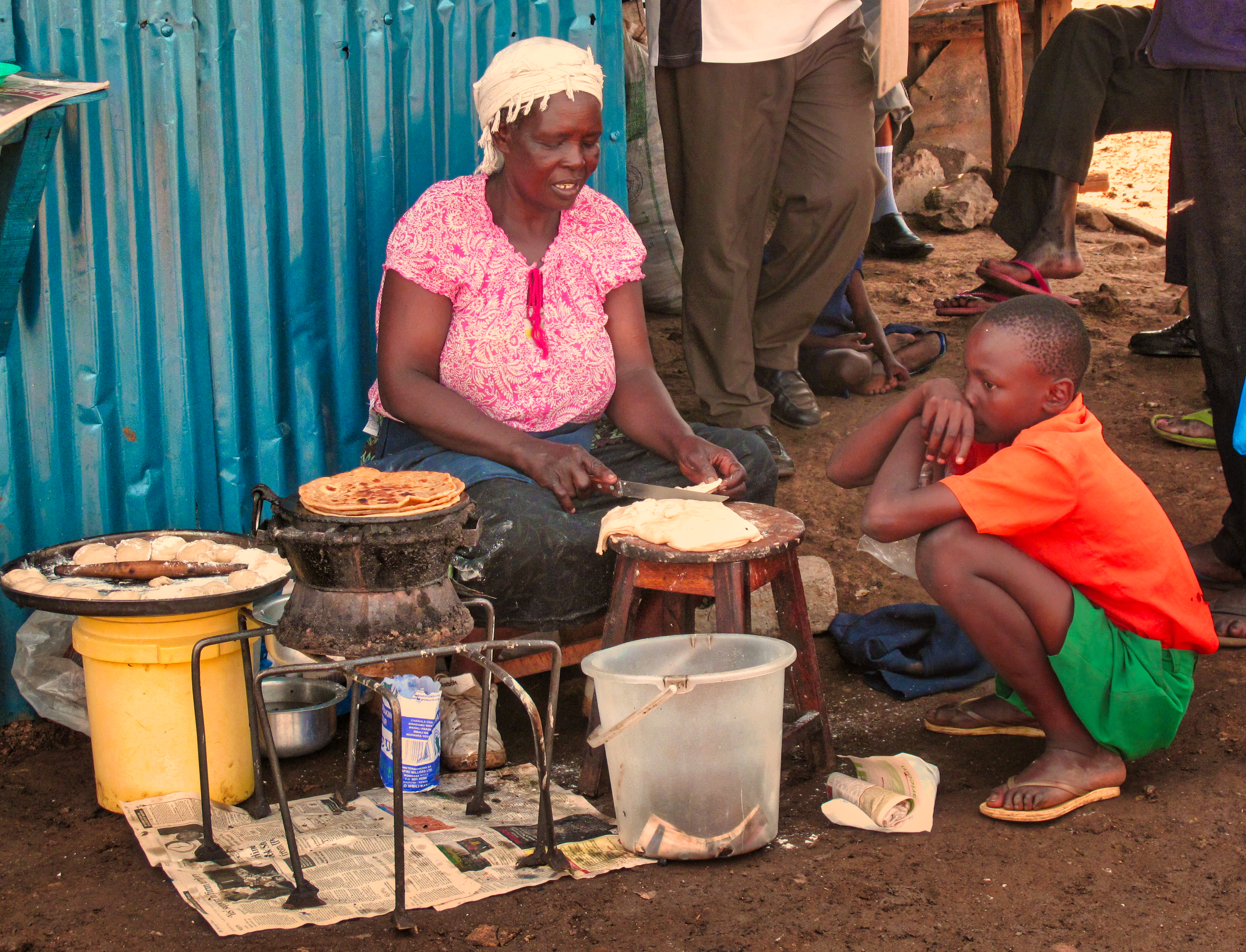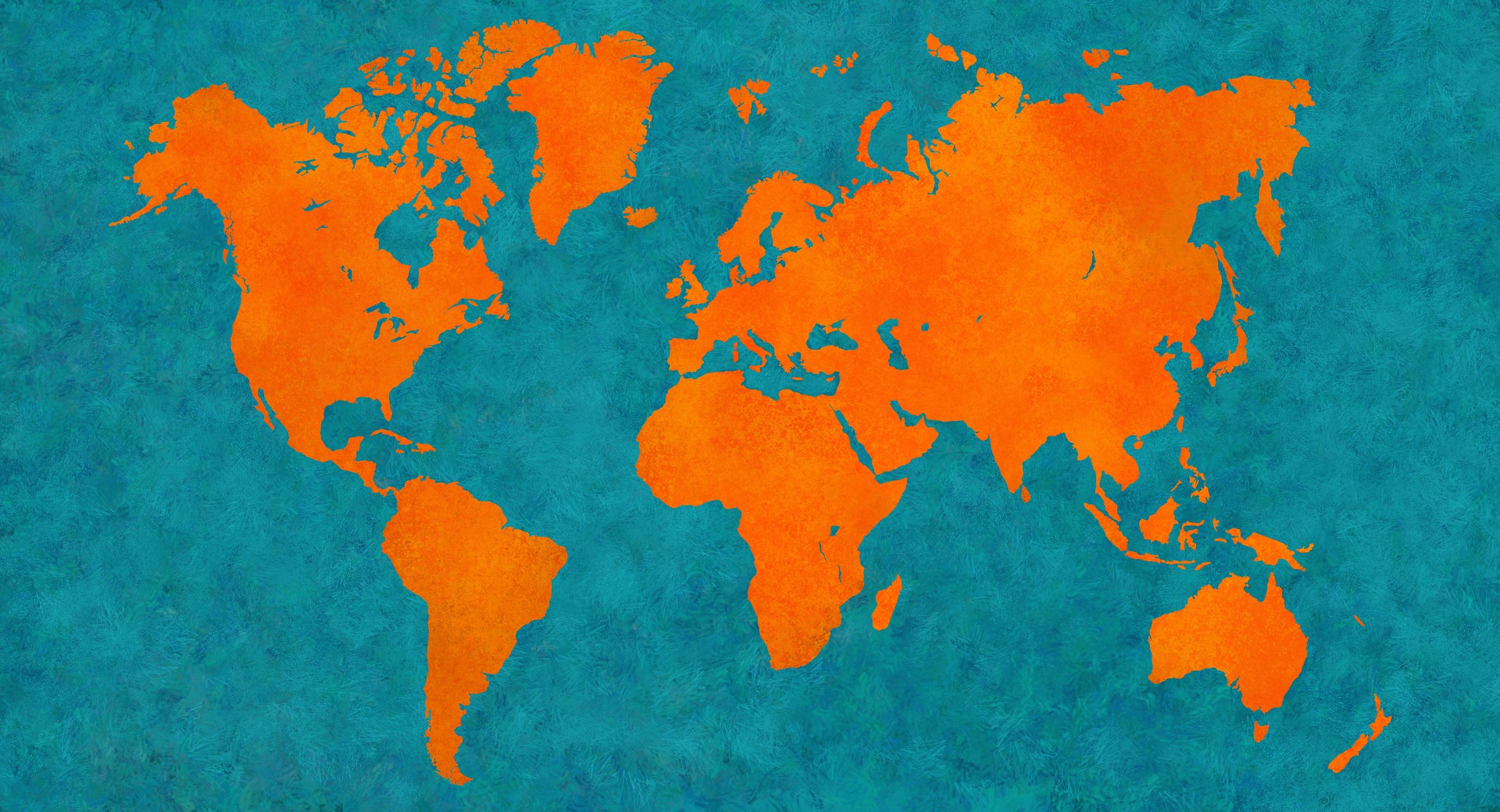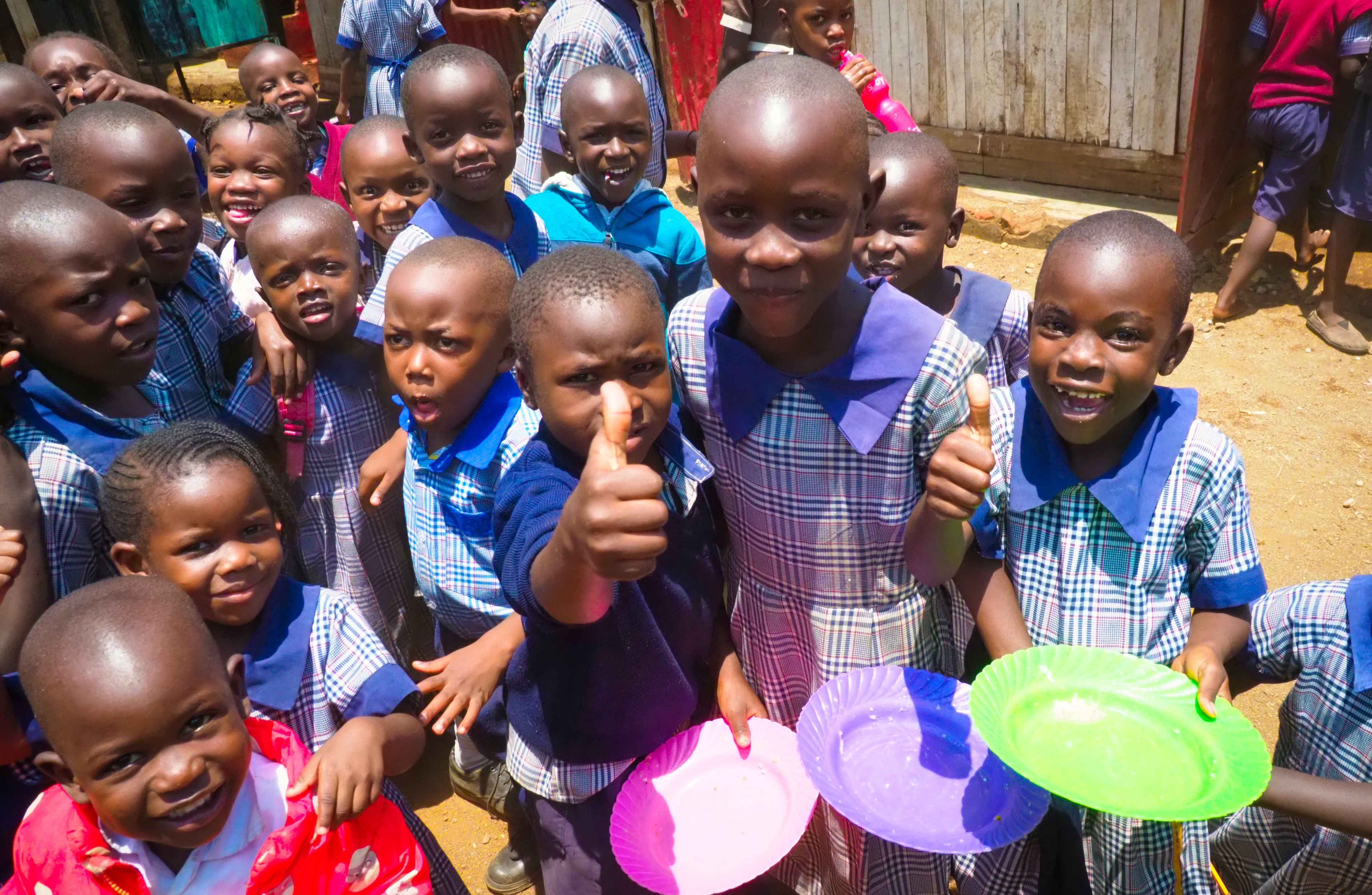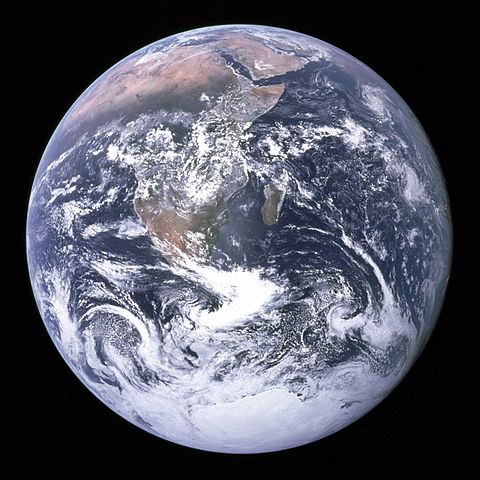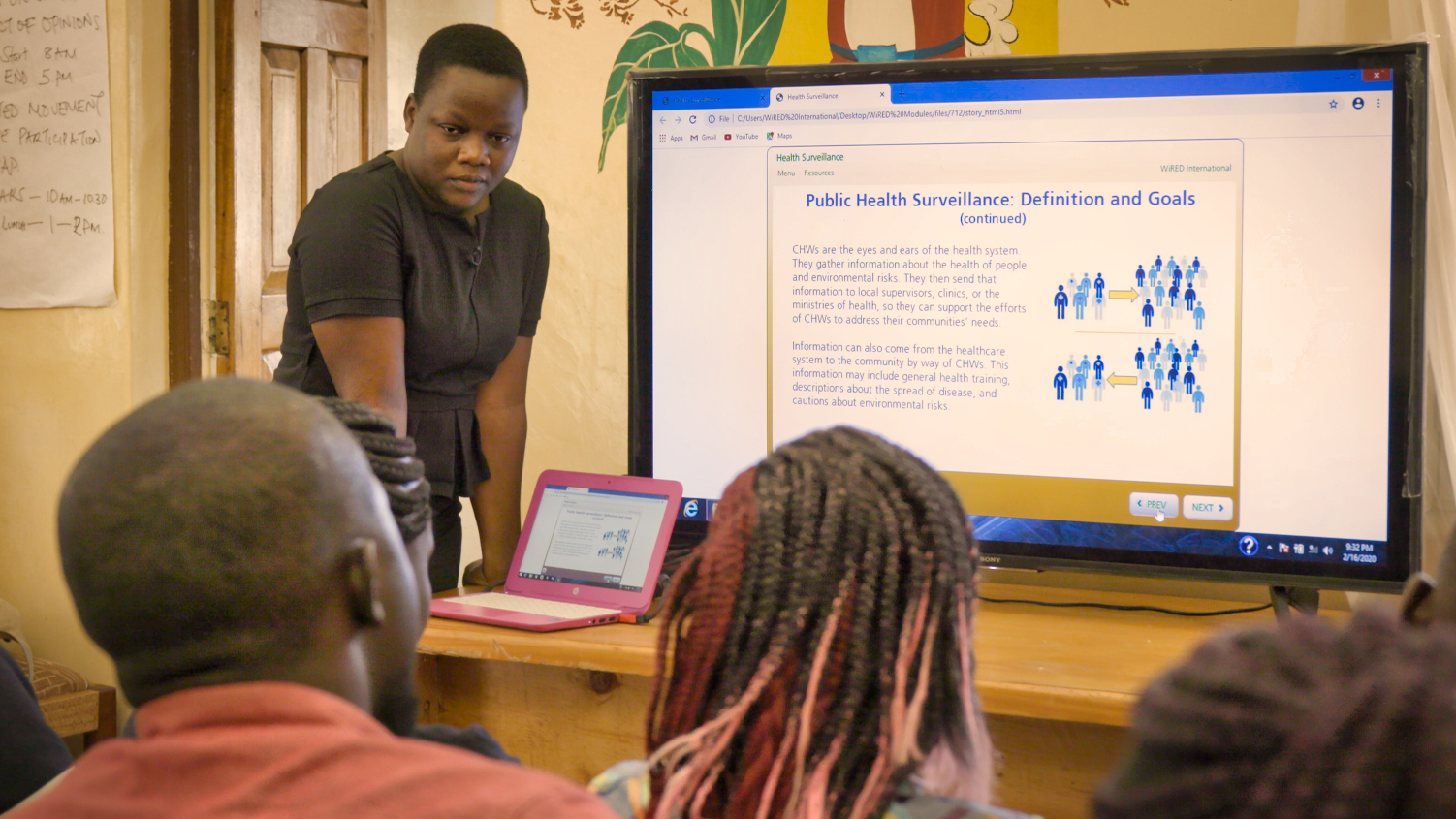WiRED Team in Kenya Takes Action against COVID-19
Posted onThe spread of the COVID-19 pandemic to Kisumu, Kenya, is placing a heavy burden on a population already suffering routinely from disease and lack of basic health care. If that weren’t enough, since early 2020, East Africa has experienced unprecedented waves of locust swarms — a crisis linked to climate change — which has destroyed livestock and crops and threatens to worsen food scarcity.

